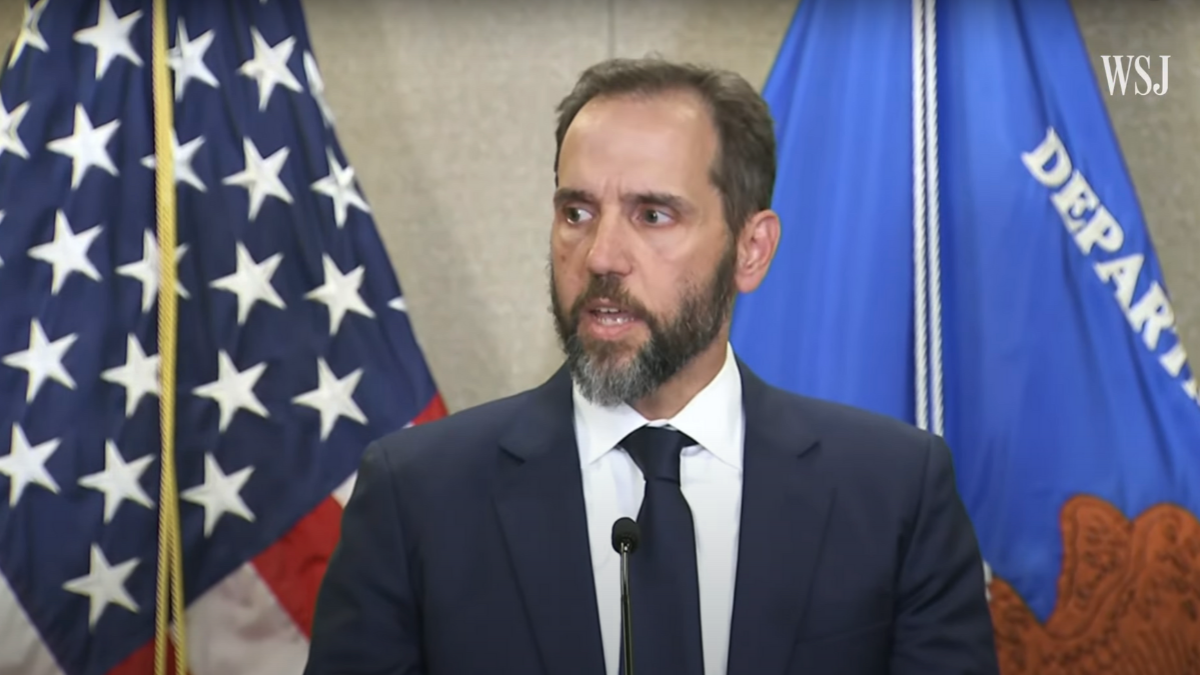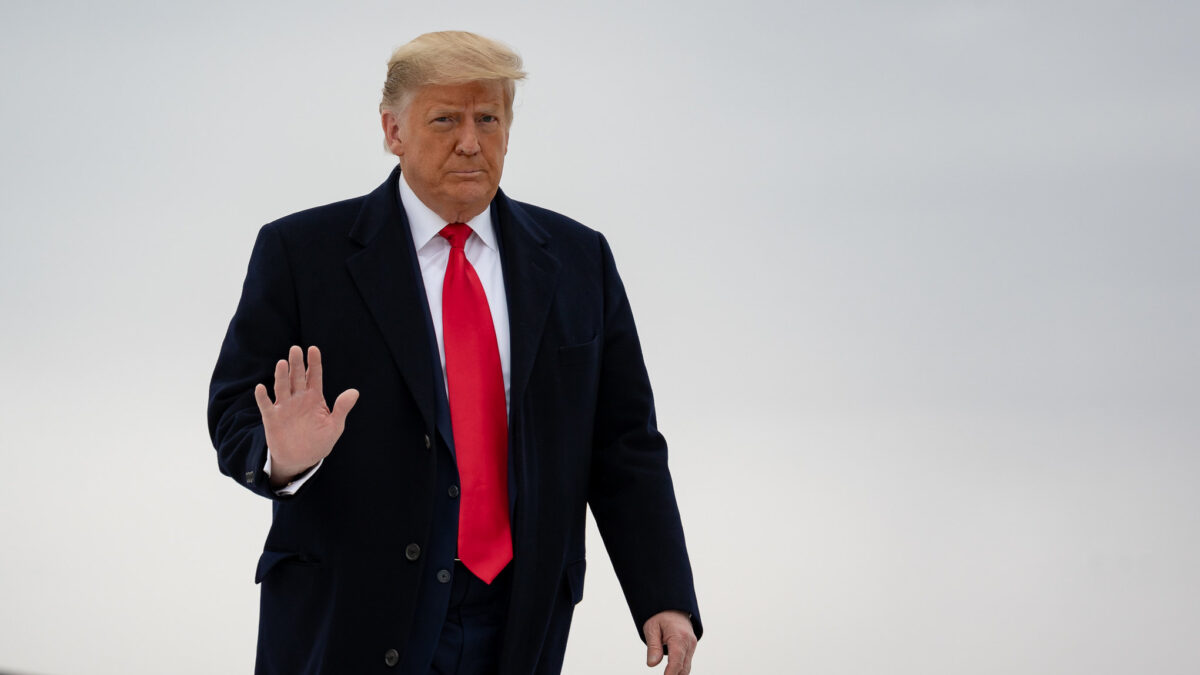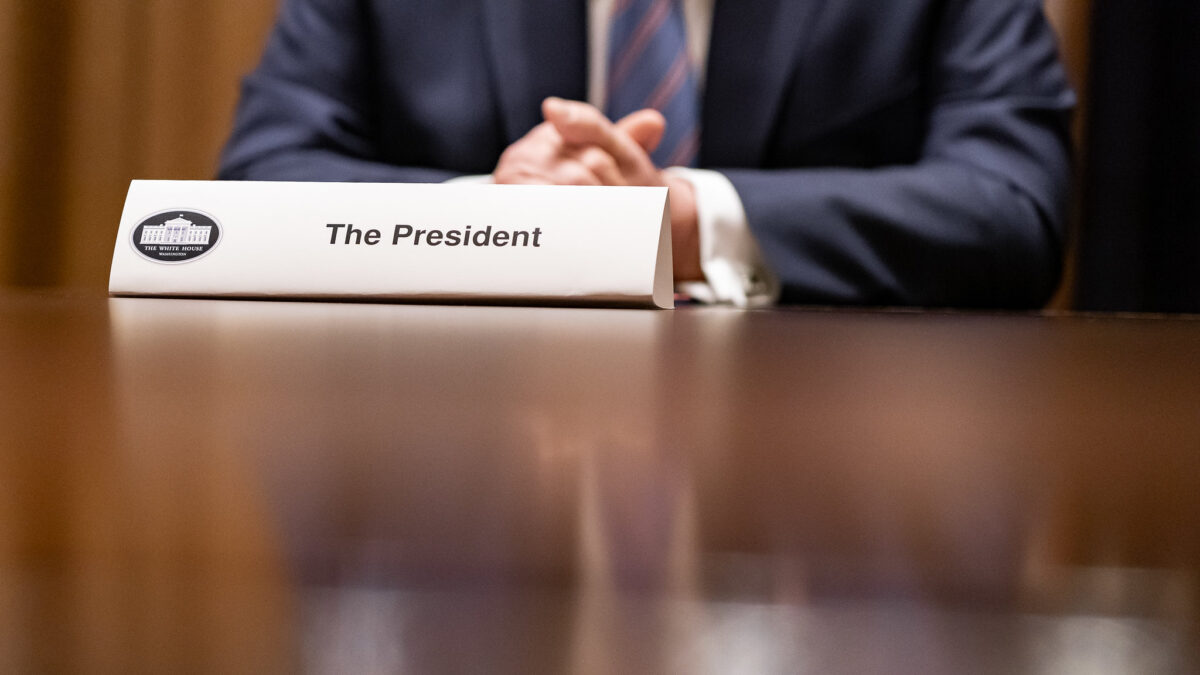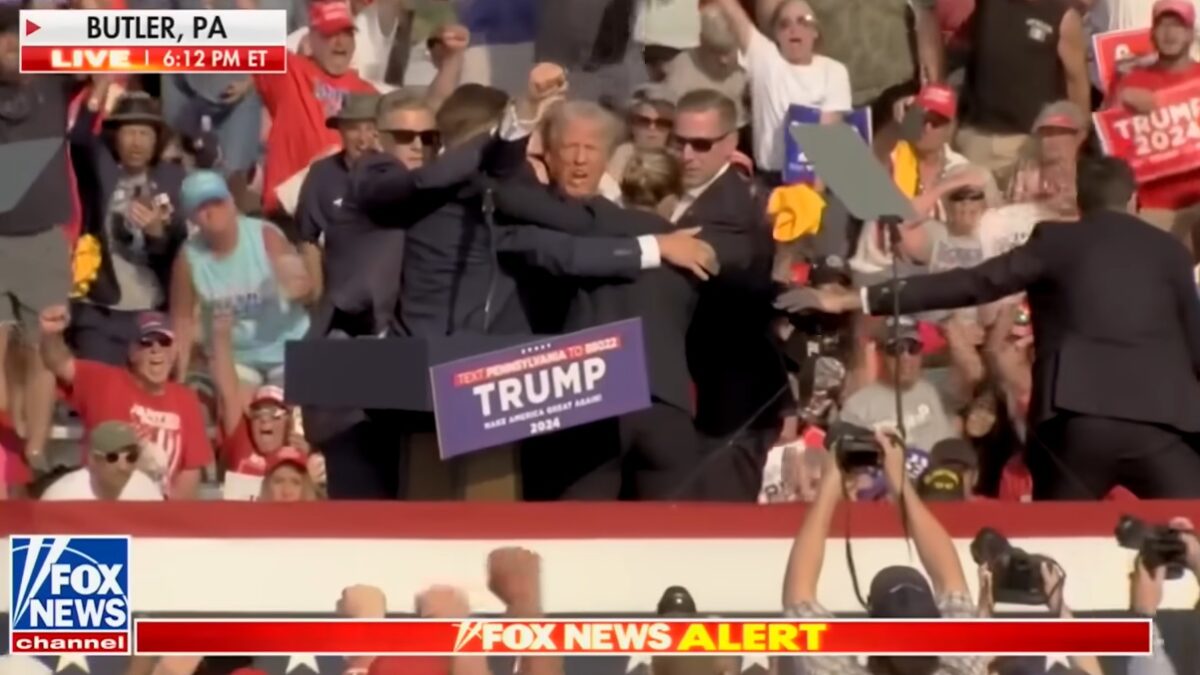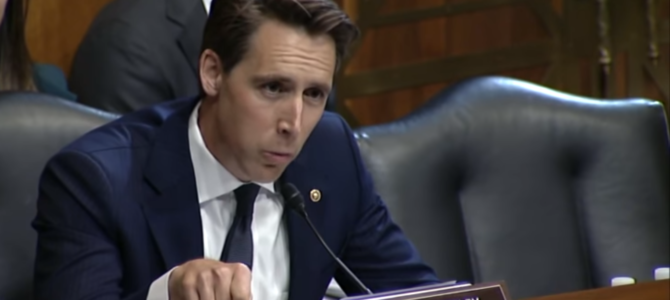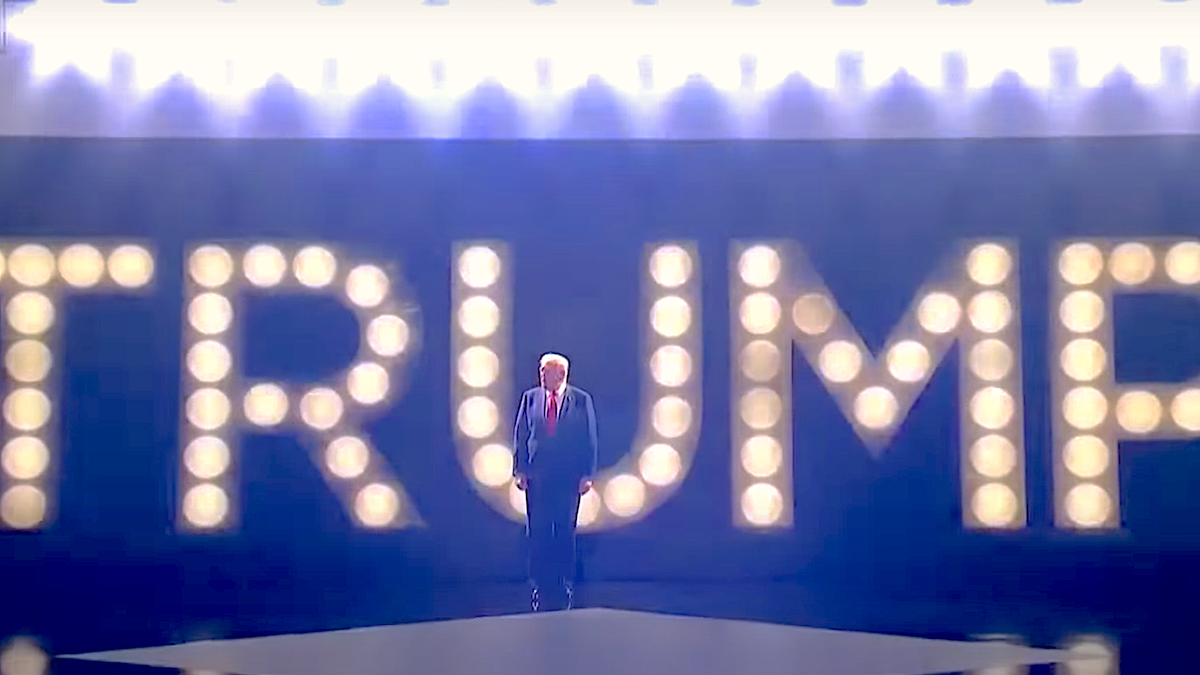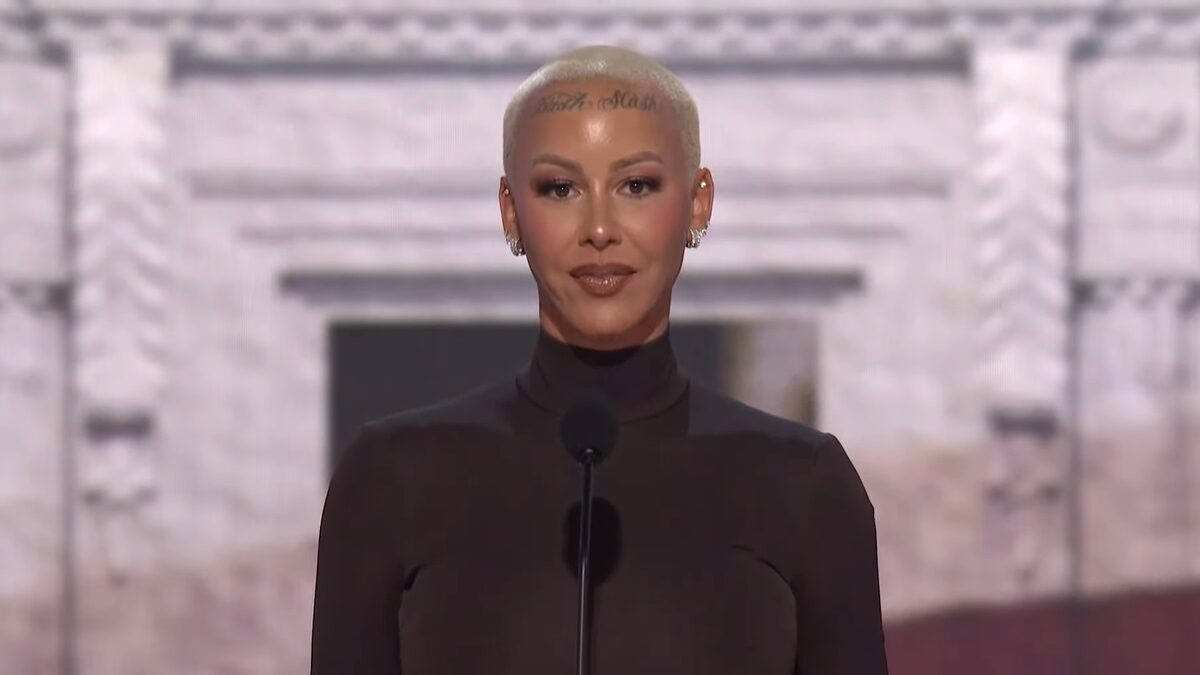“Hunter Biden trial shows America’s justice system isn’t so rigged after all,” a CNN headline proclaimed following the start of the criminal gun case against the president’s son. To the left-wing outlet, there is a cognitive dissonance between raging over Donald Trump’s conviction and applauding the prosecution of Hunter Biden. In truth, the disparate handling of the two cases confirms the righteousness of Americans’ umbrage over the get-Trump prosecutions.
One obvious difference between the criminal cases of Donald Trump and Hunter Biden concerns the involvement of politically motivated investigators and prosecutors. Both the Manhattan prosecutor, Alvin Bragg, and Fulton County DA Fani Willis are card-carrying Democrats who became party favorites by targeting Donald Trump. Biden-appointed Attorney General Merrick Garland named Jack Smith as special counsel to prosecute Donald Trump and did so only after the president complained about Garland’s so-called deliberative approach, while “confid[ing] to his inner circle that he believed former President Donald J. Trump was a threat to democracy and should be prosecuted.”
Special Counsel Smith in turn brought on Michael Dreeben to help lead the prosecution of Trump. Dreeban had previously targeted Trump as part of Special Counsel Robert Mueller’s team. Later, Dreeban would join the team of Democrat Manhattan District Attorney Cy Vance, Alvin Bragg’s predecessor. While working for Vance, Dreeban successfully obtained access to Trump’s taxes and related financial records. And according to New York Magazine, Dreeben was part of a key group of former Mueller prosecutors Vance brought in to figure out ways to politically prosecute Trump.
Smith wasn’t the only one to stack his legal team with anti-Trumpers. Both Vance and Bragg brought on Biden-connected lawyers to work exclusively on the Trump investigation in Manhattan, first from the “Biden-Era N.Y. Power Center” law firm of Paul, Weiss, and later from the Biden administration’s Department of Justice. At least three career prosecutors in the Manhattan DA’s office asked to be removed from the investigation of Trump, reportedly over concerns about the handling of the investigation.
In contrast, it was career investigators who worked the Hunter Biden investigation, and political appointees and D.C. bureaucrats who mucked up their case. As IRS Supervisory Special Agent Gary Shapley testified, the DOJ and its tax division gave special treatment to Hunter Biden and had conflicts of interest throughout that important investigation.
While David Weiss was a Trump-appointed U.S. attorney, he nonetheless answered to Biden’s DOJ and needed cooperation from other Biden-appointed U.S. attorneys to bring charges in other districts. When they refused, the most serious charges against Hunter lapsed, forever barred by the statute of limitations.
In contrast, the Manhattan DA’s office breathed new life into what would have been time-barred misdemeanors of making false business records. The five-year statute of limitations for those offenses had already passed, leading the Democrat DA to charge Trump with falsifying business records to conceal another crime, which was a felony subject to a longer statute of limitations.
Not only did the Manhattan DA concoct a crime to avoid the statute of limitations and charge Trump, but Bragg turned what would have been a run-of-the-mill misdemeanor into a felony. In contrast, until a federal judge questioned the propriety of the plea bargain the government had struck with Hunter Biden, the prosecutors had given the president’s son a pass on several felony charges. The sweetheart deal gifted to Hunter allowed him to plead guilty to two misdemeanor tax offenses and completely avoid any felony tax or gun charges.
However, when it came time for Hunter to enter his guilty plea, Judge Maryellen Noreika quizzed the parties on the unusual plea agreement. Could the government use a pretrial diversion agreement to memorialize the federal government’s commitment not to charge Hunter Biden for other crimes? Federal prosecutors acknowledged that they had never seen a deal crafted in quite this way before.
While prosecutors were willing to push through the aberration of a plea deal for the president’s son, Judge Noreika asked for further briefing. The deal then fell through, resulting in Weiss’s office obtaining a grand-jury indictment on both the gun and tax charges. Those charges, however, were not the result of a get-Biden effort but the consequences of the failure of their let-Biden-off plan.
Even now, with Hunter in the heat of trial, the contrast couldn’t be sharper. Judge Noreika is running a methodical trial, keeping the focus on the charged crimes. And while the laptop has been shown to the jury and some material from the hard drive has been entered into evidence, none of the salacious material from the laptop is being paraded before the jury.
Trump’s jury, on the other hand, heard Stormy Daniels’ irrelevant and graphic testimony of her supposed sexual encounter with the former president. Ruling upon ruling by the Manhattan judge came down against Trump, which isn’t surprising given the judge donated to Joe Biden’s presidential campaign and his daughter fundraises off the trial for Democrat candidates.
For all these differences, there is one similarity between the current trial of Hunter Biden in Wilmington, Delaware, and Trump’s just-ended Manhattan trial: the political predilections of the jury pool. In 2020, Biden won Manhattan by 84.5 percent to Trump’s 14.5 percent, with the breakdown in Wilmington slightly higher at 87 percent for Biden, to Trump’s not-even 12 percent. This similarity, though, may soon provide the final proof of the two-tiered system of justice — by acquitting the president’s son.



